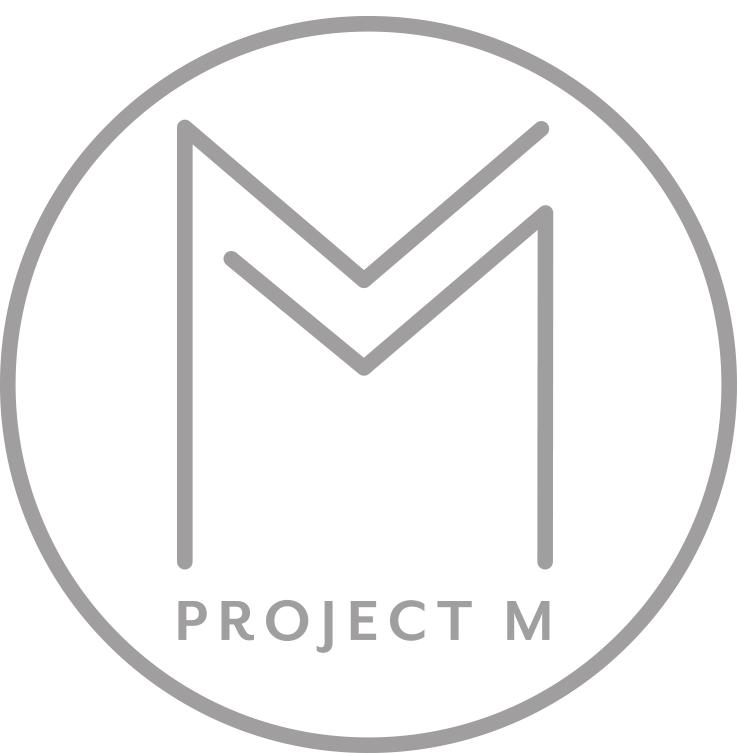On The Question and Motivation of Learning To Enjoy Wine
I recently came across an article by scientist-turned-wine writer Dr. Jamie Goode, in which he takes on ideas of wine enjoyment postulated by Tim Hanni MW (Master of Wine).
Let me start by summarizing Hanni’s position in an overly brief and simplistic way. His work suggests that we each have physiologically-based (genetic) preferences and aversions to specific flavor profiles. For instance, I’ve heard him say he can identify those who prefer Sauvignon Blanc by surveying who in the room likes to drink pickle juice. One of the points Hanni drives home is that if wine styles followed consumer preference, 25-40% of wines would be sweet.
“… our preferences and aversions aren’t static. He asserts that, evolutionarily, we are not equipped with a fixed set of sensitivities … “
Goode doesn’t challenge the idea of physiological preferences and aversions. He extends the concept further, suggesting our preferences and aversions aren’t static. He asserts that, evolutionarily, we are not equipped with a fixed set of sensitivities but a malleable and adapting sensitivity capable of change.
In the article, Goode points out several examples from his own life, including his enjoyment of strong cheese. He states, “I like strong cheese, but 15 years ago I wouldn’t eat cheese at all.” What Goode is suggesting is that a future version of ourselves can enjoy things the current version does not. We can learn to like new things.
Hanni believes some people are predisposed to not like wine, that the taste cannot be acquired. In some small percentage of the population, this could be true. However, my own experiences lead me to believe that Goode’s position more accurately describes the situation as it applies to most of the population.
I don’t think we need to dig deep into any data to understand how one can learn to like wine if they currently do not. I remember my first taste of beer. It was repulsive, and I didn’t understand how anyone could enjoy it. But while in college, through a steady, disciplined effort, I heartily overcame the aversion.
“The first step in learning to enjoy wine is to find one you like.”
For the following statement, I may be branded a heretic by microbrew enthusiasts, but I believe that wine represents a more diverse set of possible sensory experiences than beer. The first step in learning to enjoy wine is to find one you like.
Photo by Anna Onishchuka
The strategy from that point is to repeatedly consume wines of a style you enjoy until the aversion becomes a preference. Then the fun work begins. Next, you want to start exploring wine styles just beyond the type you’ve newly identified and learned to enjoy. If you like the acid of a dry Riesling, try another acidic wine such as a Sauvignon Blanc or a Pinot Grigio. In time you’ll find your aversions are diminishing as your preferences evolve.
I think the real problem with learning to enjoy wine isn’t how but why. Why should someone repulsed by their first taste of Merlot invest the time to learn how to like wine? Why not stick with beer or cocktails?
For several thousand years, wine has been the beverage of choice for artists and philosophers. There is something about wine capable of inspiration. If it were just alcohol, then beer and spirits would be equally referenced.
Wine has inspired poems, paintings, and songs. Our constitution was drafted under the influence of wine. It has been suggested that wine’s role rivaled that of the Roman Legions in conquering the barbarian tribes that would go on to join the Empire. Wine is the beverage of civilization.
You should consider training your aversions to become preferences so that you can harvest those inspirations. You might not be inspired to write a novel or sculpt the Venus de Milo, but you might become more open to possibilities. Ideas, big or small, may spring forth.
More important than the inspiration to create is the increased sensitivity to the experience of the created. Wine, like all great works of art, can elicit in us an inner experience. It allows us to fully assimilate the beauty of the world. We become more reflective. Our conversations may become more meaningful with greater depth. Like those barbarian tribes, you might more greatly feel the pull of community.
“The drinking of a quality, well-made wine is to experience beauty.”
The drinking of a quality, well-made wine is to experience beauty. For centuries, lives have been enhanced by architecture, sculpture, painting, and prose. The great civilizations of history have been defined as much by their arts as their ideas and technology.
So then, the effort to enjoy wine when you haven’t done so can be thought of as an act of self-development. Unlike going to an art museum, seeing an Opera, or reading an acclaimed Novel, wine can be consumed frequently, anywhere, and most importantly, with others.


